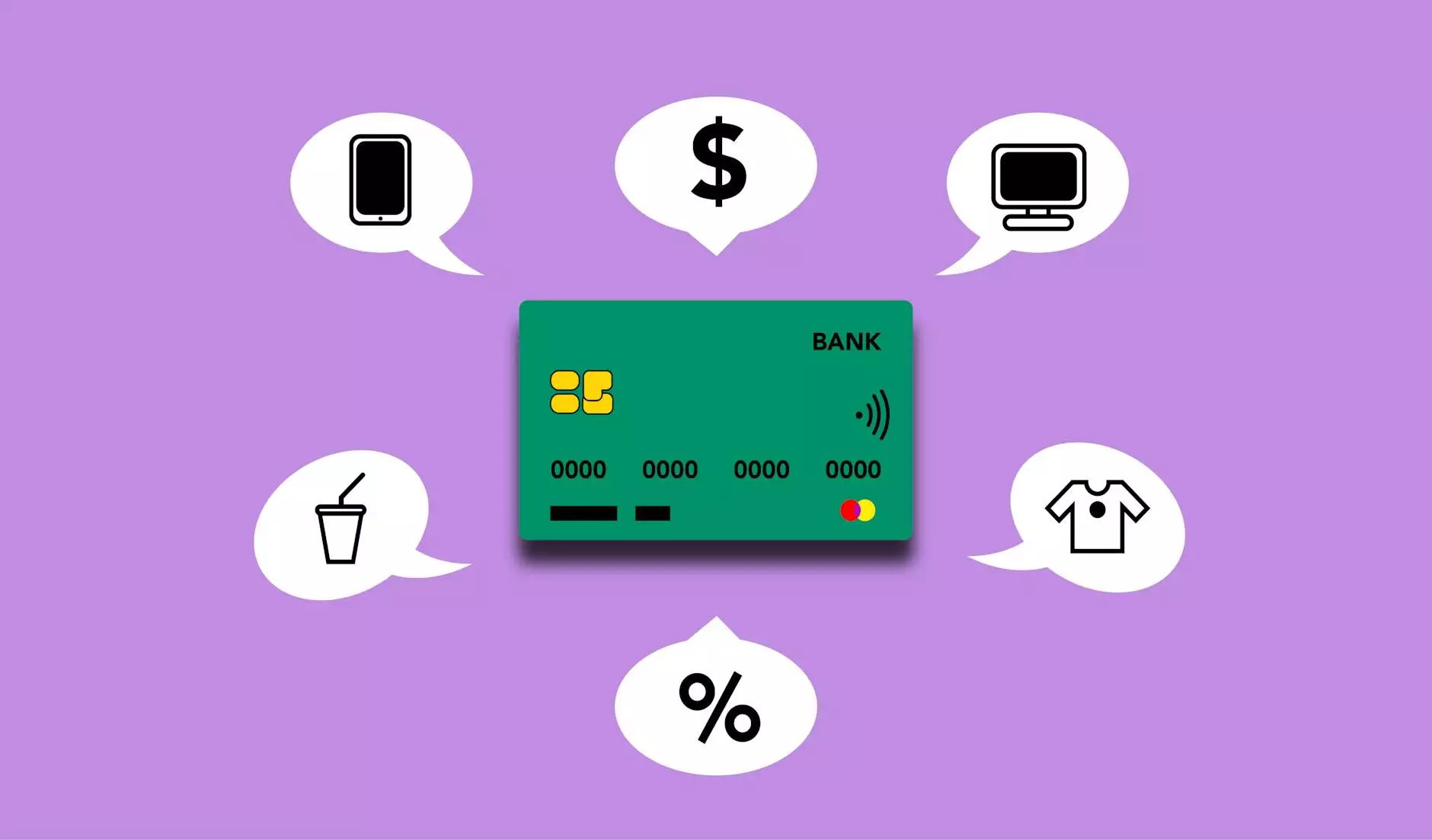The Ultimate Glossary of Artificial Intelligence Terms

Welcome to the AI-Magazine glossary of artificial intelligence (AI) terms. In this comprehensive guide, we will delve into the intricacies of AI technology, exploring the key concepts and terminology that define this cutting-edge field. Whether you are a seasoned AI professional or a newcomer to the industry, this glossary aims to provide you with a solid foundation in understanding the world of artificial intelligence.
Artificial Intelligence
Artificial intelligence (AI) refers to the simulation of human intelligence processes by machines, especially computer systems. These processes include learning (the acquisition of information and rules for using the information), reasoning (using rules to reach approximate or definite conclusions), and self-correction.
Machine Learning
Machine learning is a subset of AI that enables systems to automatically learn and improve from experience without being explicitly programmed. It focuses on the development of computer programs that can access data and use it to learn for themselves.
Deep Learning
Deep learning is a subset of machine learning that operates using neural networks to simulate the way the human brain works. This approach enables the system to learn and make decisions on its own, without human intervention.
Natural Language Processing (NLP)
Natural Language Processing (NLP) is a branch of AI that enables computers to understand, interpret, and generate human language. It involves the interaction between computers and humans using natural language.
Computer Vision
Computer vision is a field that deals with how computers can gain high-level understanding from digital images or videos. This technology enables machines to interpret and understand the visual world, similar to the way humans do.
Robotics
Robotics is an interdisciplinary branch of AI that involves the design, construction, and operation of robots. Robots are programmable machines that can carry out tasks autonomously, with the goal of assisting or replacing human labor.
Big Data
Big data refers to the large volume of data – both structured and unstructured – that inundates a business on a day-to-day basis. Harnessing this data can lead to valuable insights and help organizations make informed decisions.
Virtual Reality (VR) and Augmented Reality (AR)
Virtual Reality (VR) and Augmented Reality (AR) are technologies that create immersive digital experiences for users. VR offers a completely digital environment, while AR overlays digital elements onto the real world, enhancing what we see, hear, and feel.
The Future of AI
Ai-magazine is dedicated to bringing you the latest trends and updates in the field of artificial intelligence. As AI continues to evolve and shape the future of technology, we aim to be your go-to resource for all things AI-related. Stay tuned for upcoming articles, interviews, and insights from industry experts as we explore the endless possibilities of artificial intelligence.
glossary artificial intelligence








